On March 21 in New York City, the winners of the 2018 Whiting Award were announced. Established by the Whiting Foundation in 1985, the award honors emerging writers in poetry, fiction, nonfiction and drama, and includes a monetary gift of $50,000 for each winner in support of their work. This year's winners included four Asian American writers: Patty Yumi Cottrell (fiction), Hansol Jung (drama), Esmé Weijun Wang (nonfiction) and Weike Wang (fiction). We spoke to each of them briefly over email about what they were doing when they found out about the award, what's in store for them and the work that has inspired them the most. Help us celebrate each of these remarkable writers by reading below and checking out some of their work!
Hansol Jung
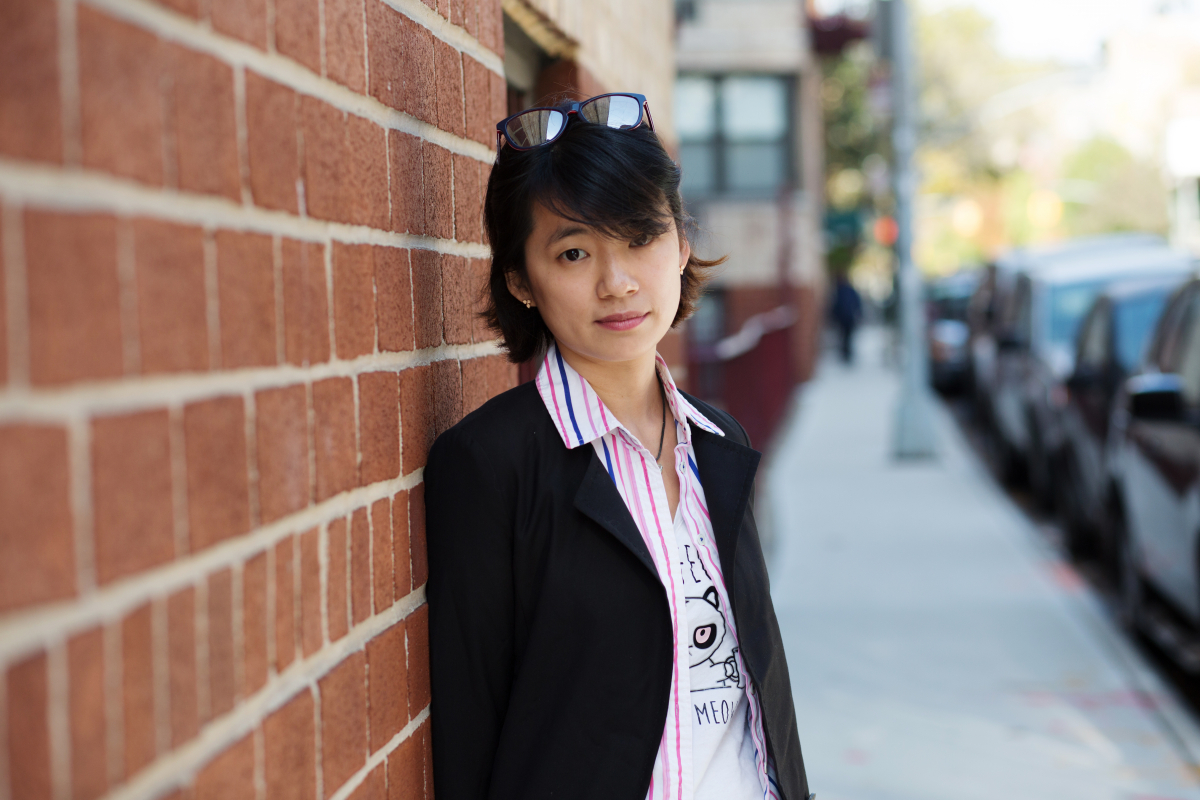
Hansol Jung's plays include Among the Dead (Ma-Yi Theater Company) and Cardboard Piano (Humana Festival at Actors Theater of Louisville). Her play, Wild Goose Dreams (La Jolla Playhouse), follows Nanhee, a North Korean defector, and Minsung, a South Korean goose father, who find each other on the internet. Jung's plays “knit together the agonies of Korean history, the restless excitement and anxiety of the tech age and the shapes of loss and longing.”
What were you doing when you found out you won this award?
HJ: I was in my pjs, in a casual Tuesday morning existential spiral between meals.
What would you say your obsessions in your work are?
HJ: Thematically: Loss. Loneliness. Unmoored existences. Healing. The promises and problems of Faith. Technically: Aural landscape of spoken language.
What are you excited to be working on next (hopefully something this award will help you achieve!)?
HJ: I would like to try to write something very small, selfish and honest. I am not sure what that is yet but I am planning to use some of the award to block out a month or so in my year to look at what it might mean to write simply and solely for my own healing. It might end up being a narcissistic piece of garbage, but I am very excited to begin the journey of finding it!
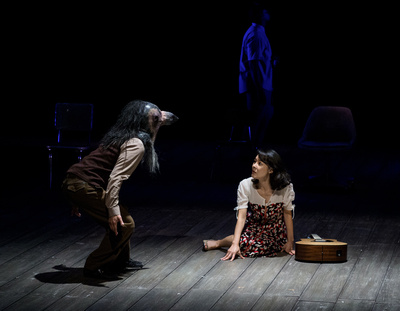 What writers have inspired or shaped your work?
What writers have inspired or shaped your work?
HJ: Anne Carson, Dael Orlandersmith, Paula Vogel, David Henry Hwang, Sarah Ruhl, Lynn Nottage.
What (or who) excites you most about the future of Asian American literature?
HJ: The diversity of kinds of voices is truly exciting.
Generalization perhaps, but I feel like not that long ago, Asian American writers were only allowed to write about what it's like to be Asian. In the current moment, I do not feel that kind of shackle around my work, nor do I feel it closing around the remarkable Asian American voices writing right now.
What is one writer superstition or ritual you practice?
HJ: Regular, ritual naps.
Patty Yumi Cottrell
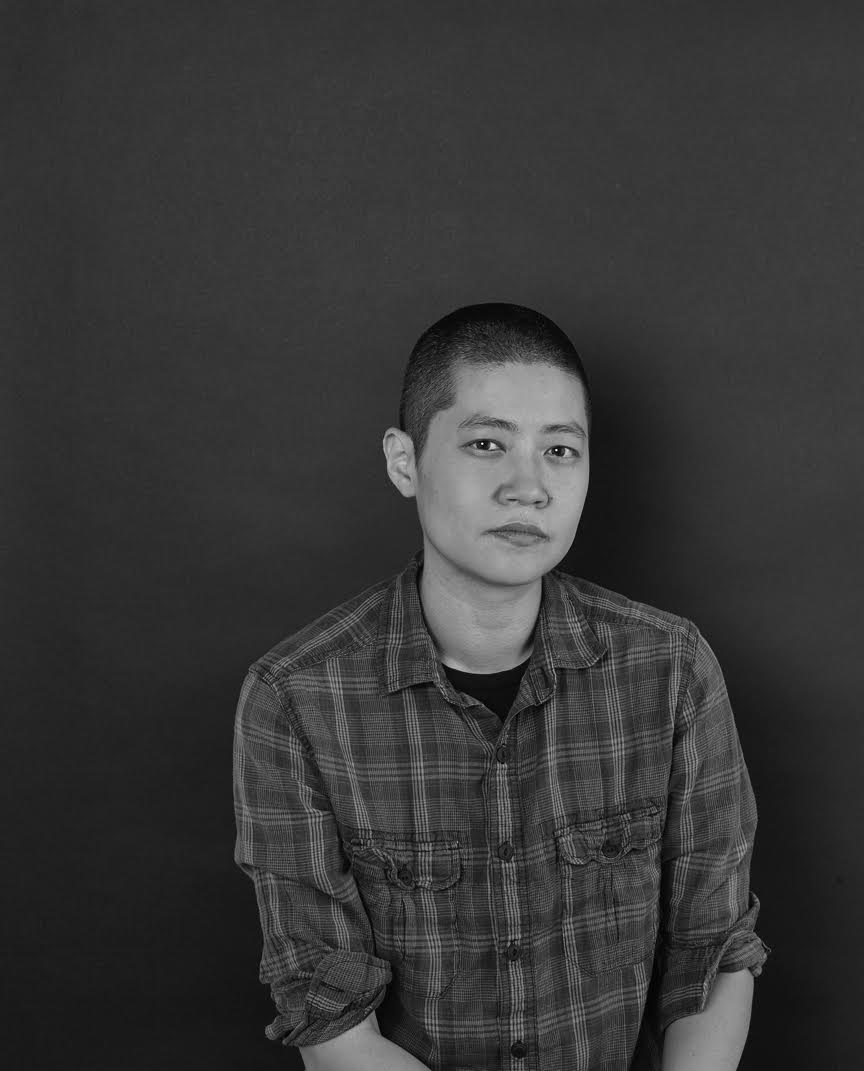 Patty Yumi Cottrell's debut novel Sorry to Disrupt the Peace (McSweeney's) follows Helen Moran as she tries to uncover the reasons for her adoptive brother's death. Her work “opens up fresh lines of questioning in the old interrogations of identity, the politics of belonging, and the problem of other minds.”
Patty Yumi Cottrell's debut novel Sorry to Disrupt the Peace (McSweeney's) follows Helen Moran as she tries to uncover the reasons for her adoptive brother's death. Her work “opens up fresh lines of questioning in the old interrogations of identity, the politics of belonging, and the problem of other minds.”
What were you doing when you found out you won this award?
PYC: I was in bed with the flu, so when I received the call, I was disoriented. I remember thinking I was having a lovely dream.
What would you say your obsessions in your work are?
PYC: My obsessions are with memory and ambiguity. What can we really know about a human life?
What are you excited to be working on next (hopefully something this award will help you achieve!)?
PYC: I’m working on another novel and also thinking about writing a memoir about being a Korean adoptee. This award will allow me to travel to Korea to meet my biological family, who I am in touch with, and I’m sure this travel will also influence the novel.
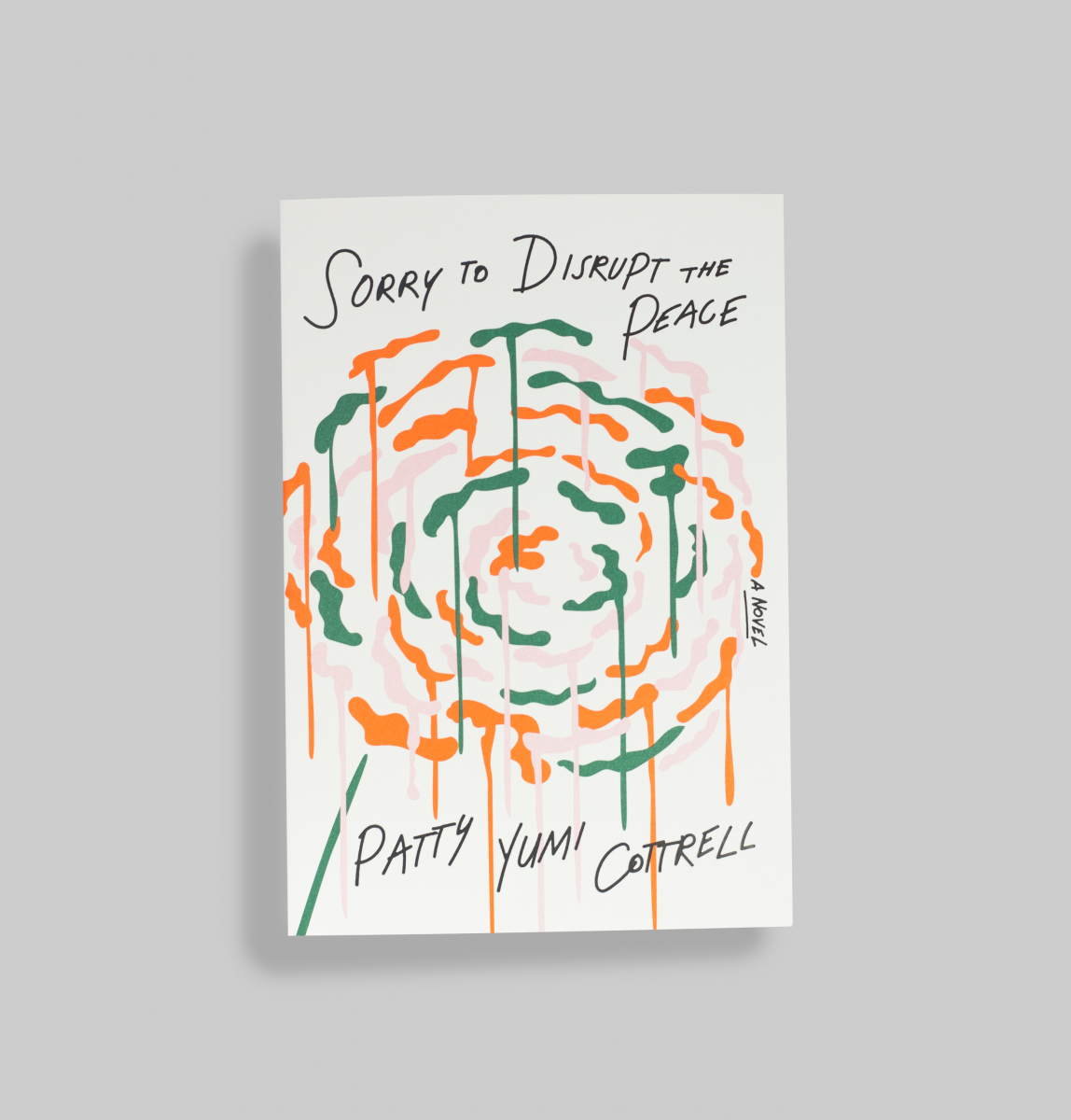 What writers have inspired or shaped your work?
What writers have inspired or shaped your work?
PYC: Jesse Ball has been a huge inspiration. I studied with him at The School of the Art Institute of Chicago. Something I struggled with at the time was confidence. He had this belief in me and my work. It has been a real gift to talk with him throughout the past seven years. He also introduced me to Thomas Bernhard, whose writing gave me permission to focus on voice, not plot.
What (or who) excites you most about the future of Asian American literature?
PYC: I feel glad that the category of Asian American literature is being placed at the center of a conversation instead of off to the side. Writers like Alexander Chee and Min Jin Lee have paved a way. I’d also say that I’m elated many diverse voices are being published to wide acclaim. Some writers I feel excited about: Kaitlyn Greenidge, Helen Oyeyemi, Brandon Shimoda, Alexandra Kleeman, Morgan Parker and many others.
What is one writer superstition or ritual you practice?
PYC: While writing, I find one song to listen to, and I listen to it on repeat for many hours.
Esmé Weijun Wang
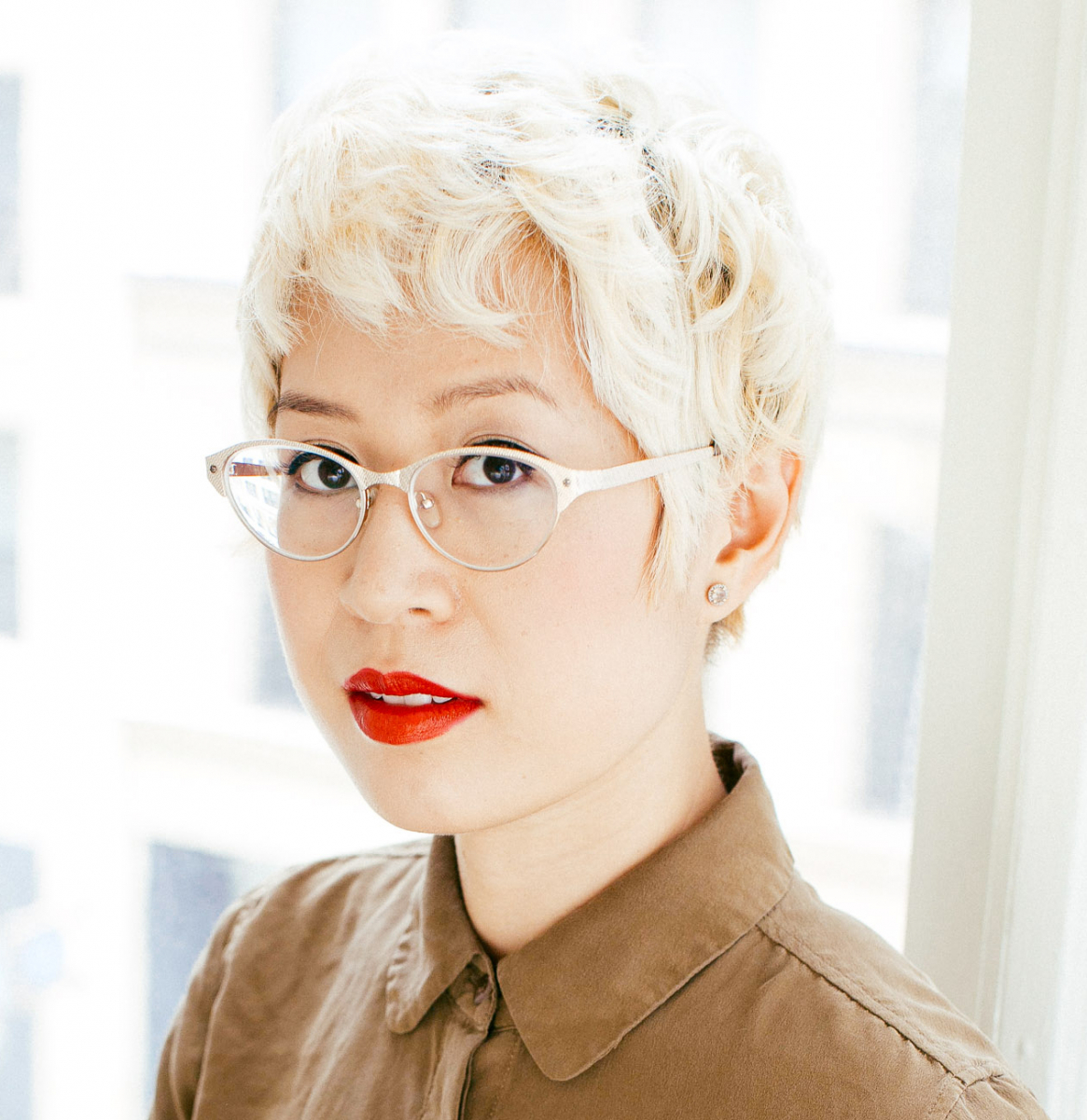 Esmé Weijun Wang is the author of the novel The Border of Paradise (Unnamed Press) and the forthcoming essay collection, The Collected Schizophrenias (Graywolf Press). The nonfiction collection deals with the disease from a first-hand perspective, weaving social, historical, medical and spiritual aspects of schizophrenia with her own personal experiences to challenge the public narrative and commonly held notions of the disease. The book "undertakes an investigation into life with schizoaffective disorder and chronic illness with narrative drive and prose of confiding grace."
Esmé Weijun Wang is the author of the novel The Border of Paradise (Unnamed Press) and the forthcoming essay collection, The Collected Schizophrenias (Graywolf Press). The nonfiction collection deals with the disease from a first-hand perspective, weaving social, historical, medical and spiritual aspects of schizophrenia with her own personal experiences to challenge the public narrative and commonly held notions of the disease. The book "undertakes an investigation into life with schizoaffective disorder and chronic illness with narrative drive and prose of confiding grace."
What were you doing when you found out you won this award?
EWW: I was on the phone with a friend at the time, lying in bed at home, and I saw that a number that I didn't recognize was trying to get through. I had a feeling that I needed to take the call, so I did; when they told me who they were and what they were calling about, I burst into tears.
What would you say your obsessions in your work are?
EWW: Immigration; Gothic literature; people who make terrible mistakes when trying to act out of love; mental illness and the fragility of the mind; revenge. I find that my obsessions shift from project to project.
What are you excited to be working on next (hopefully something this award will help you achieve!)?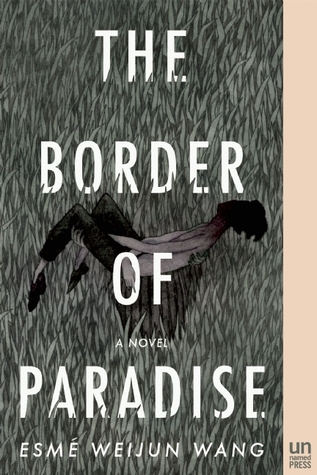
EWW: I'm currently working on short stories and a new novel, which is in its nascent stages now.
What writers have inspired or shaped your work?
EWW: Toni Morrison is a big one, actually, which is one reason I was so excited to see that she would be giving the keynote. Faulkner. Flannery O'Connor. Yiyun Li. I realize I'm naming a lot of people who are primarily known for their fiction — with nonfiction, my inspirations are usually less about writers and more about individual books, with the exception of perhaps MFK Fisher's collected writings. Andrew Solomon's The Noonday Demon was a guiding light for me in writing The Collected Schizophrenias. I love Jen Percy's Demon Camp, which is about trauma and PTSD and demons and chilled me in the best way. Iris Chang was a tremendously brave writer. And I return often to Sontag's journals.
What (or who) excites you most about the future of Asian American literature?
EWW: I love how much more variety I'm seeing now with Asian American literature. There is, of course, always further to go, but it makes me very happy to see different Asian American experiences being reflected, experiences I may not have read about. I just started reading Nicole Soojung Callahan's forthcoming memoir, which is in part about transracial adoption, and I just finished reading Porochista Khakpour's forthcoming memoir, Sick, which is about being an Iranian American refugee and addiction and illness. I've known Jenny Zhang since college, and it was so exciting to finally get to read her debut short story collection, Sour Heart.
What is one writer superstition or ritual you practice?
EWW: I have prayers and rituals that I say before I work — I don't use them all of the time, but they're there when I need them, which is often.
Weike Wang
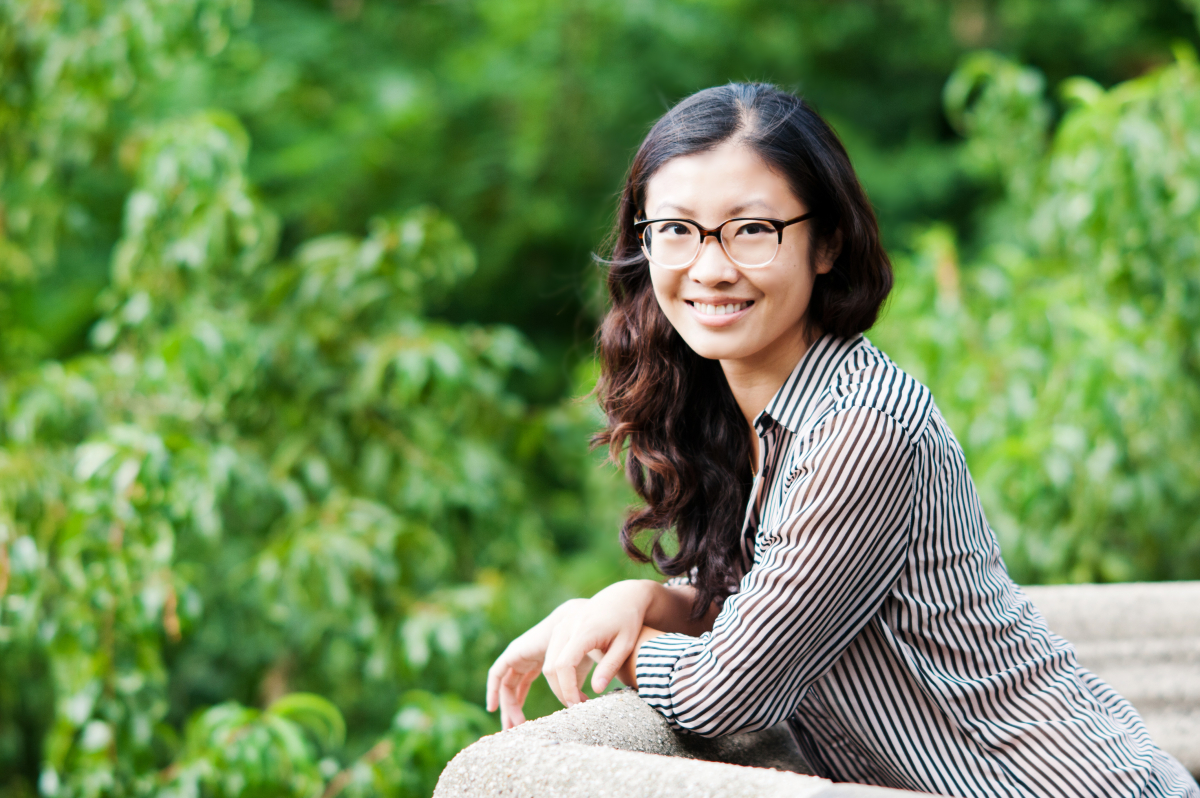 Weike Wang's debut novel Chemistry (Knopf) opens with a marriage proposal, one to which the unnamed narrator is not sure of her response. The rest of the book follows the narrator as she struggles to figure out what she wants, not just in her relationship but in her career as a researcher and life itself. Her novel “takes apart what we know about the immigrant experience and puts something bold and new in its place, with a scientist’s eye and epigrammatic humor.”
Weike Wang's debut novel Chemistry (Knopf) opens with a marriage proposal, one to which the unnamed narrator is not sure of her response. The rest of the book follows the narrator as she struggles to figure out what she wants, not just in her relationship but in her career as a researcher and life itself. Her novel “takes apart what we know about the immigrant experience and puts something bold and new in its place, with a scientist’s eye and epigrammatic humor.”
What were you doing when you found out you won this award?
WW: I was writing! I didn't want to pick up the phone at first from fear of telemarketers, but I am so glad I did.
What would you say your obsessions in your work are?
WW: Voice, language, strong female characters, immigrant and Asian american identity, science, math, pragmatism.
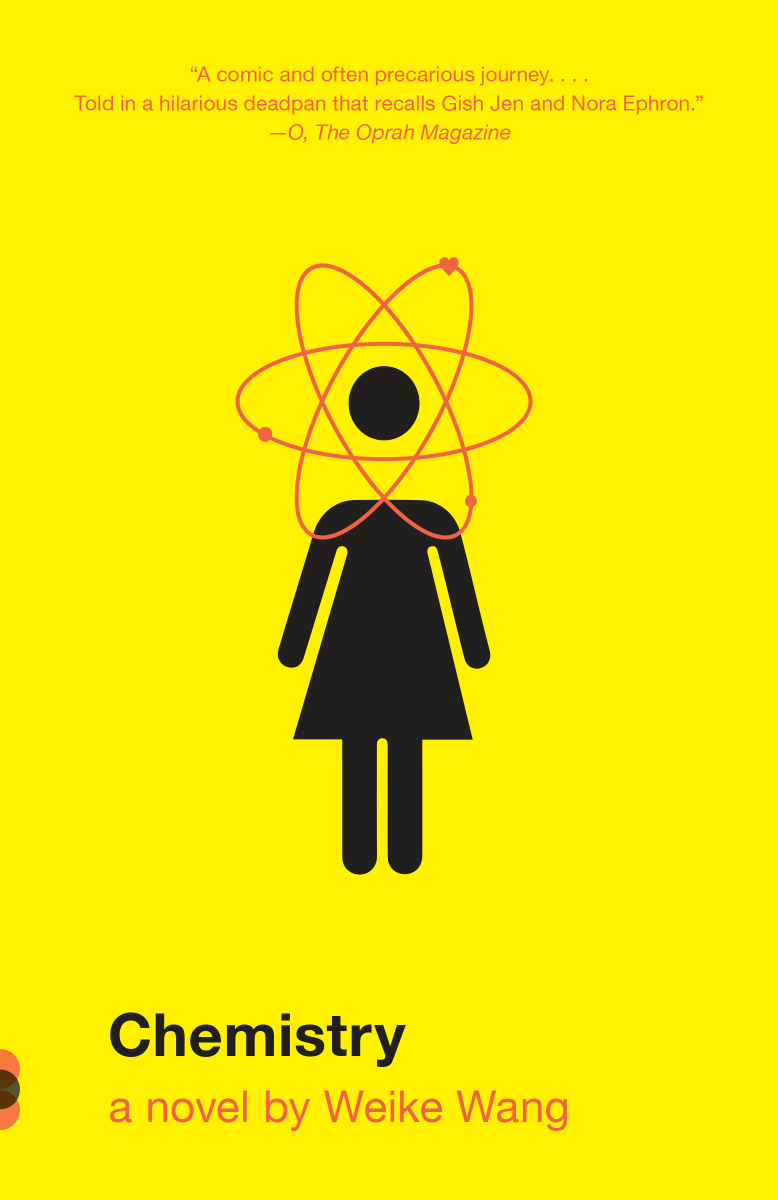 What are you excited to be working on next (hopefully something this award will help you achieve!)?
What are you excited to be working on next (hopefully something this award will help you achieve!)?
WW: I'm knee or thigh deep in a second novel and other side projects and stories!
What writers have inspired or shaped your work?
WW: Lots. Just off the top of my head: Hempel, Bender, Nunez, Davis, Galchen, Hemingway, Moody, Shepard, recently Murata!
What (or who) excites you most about the future of Asian American literature?
WW: Here probably what. I want to see what our generation and the next can do in terms of telling stories that are still rooted in identity but push convention.
What is one writer superstition or ritual you practice?
WW: I write every day from 10-5. I read for an hour. Then I write. Then at 2 p.m. I make myself a vodka soda and keep going.






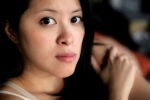

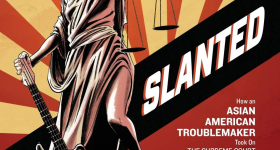
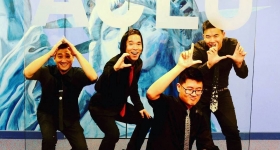
Comments